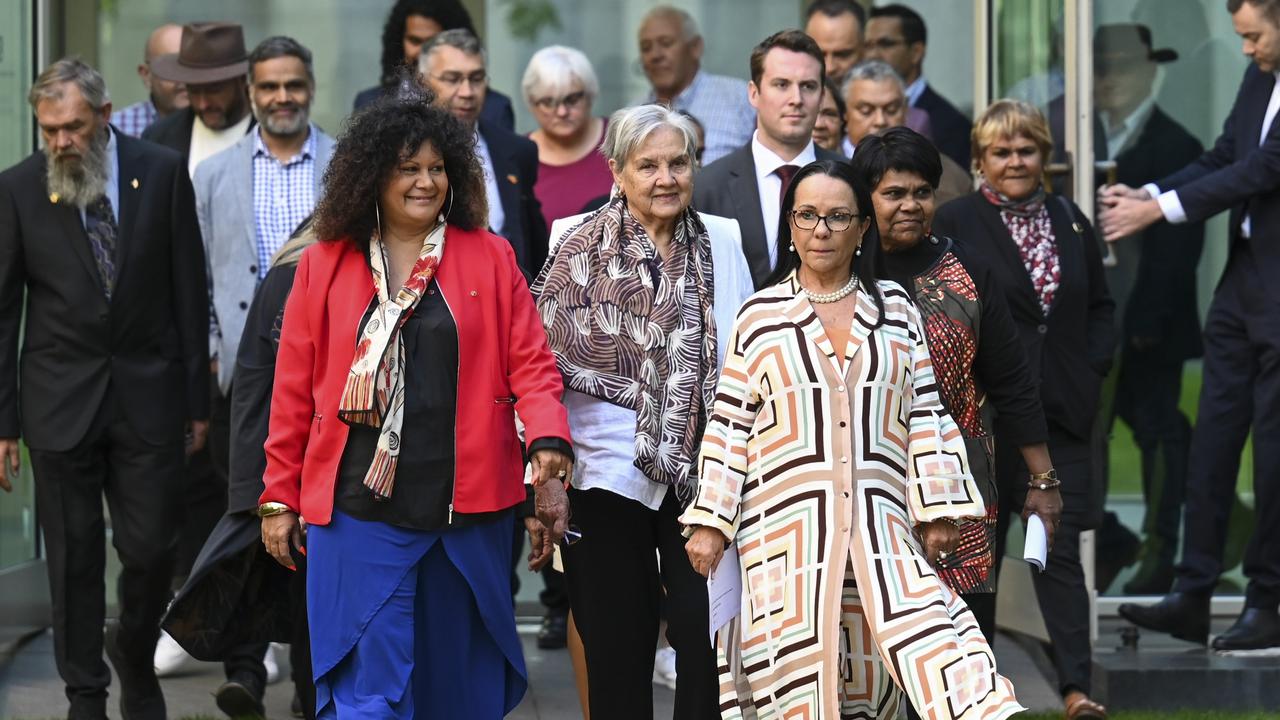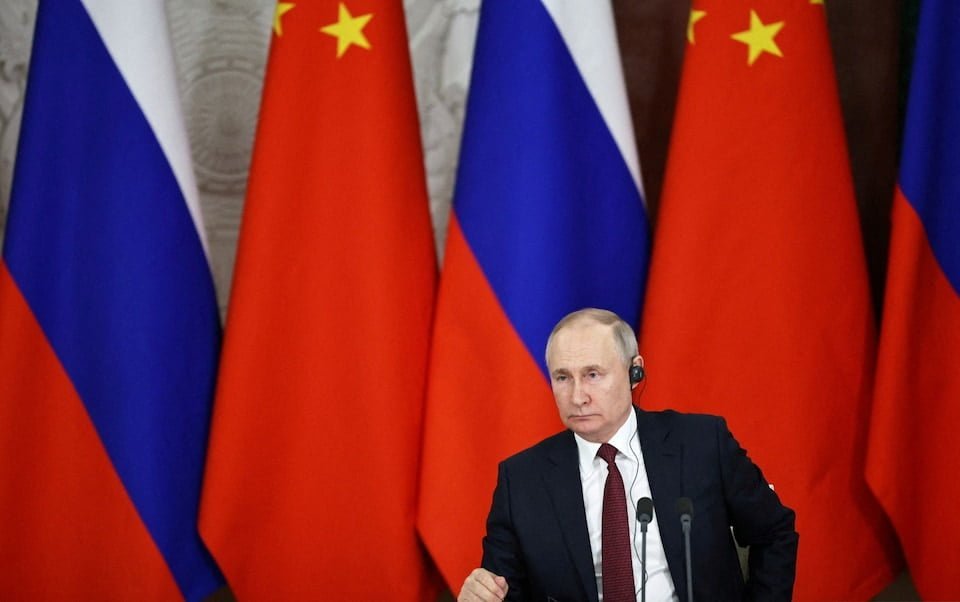
There’s no value in diverting foreign aid funds into drought relief
Suggestions we should cut overseas aid and divert the funds to drought relief are understandable, but mistaken. They ignore the economic benefits of investment in international agricultural research and development, and there are ethical and diplomatic objections as well.
The worst drought in more than 50 years is having a devastating impact on our farming communities, but polarising debate between drought relief and the aid budget is hardly a solution.
Farmers need short-term assistance, and governments should help, but not at the expense of an aid budget that is already significantly diminished. Also, there is a subtle and ongoing relationship between our farmers and at least the portion of the overseas aid budget linked to agriculture.
On average, Australian farmers produce enough food to feed about 60 million additional people in neighbouring countries. The National Farmers Federation estimates that each of our farmers feeds 150 of us and another 450 people overseas. This impressive productivity is founded on the application of sound science and technology, underpinned by research and development here and overseas.
For instance, every year Australia benefits to the tune of $100 million through the uptake of cereal varieties developed by the international teams of CGIAR (formerly the Consultative Group for International Agricultural Research), a body supported by Australia and other donors. The Australian Centre for International Agricultural Research continues to invest in CGIAR and bilateral projects focusing on a wide range of agricultural productivity and nutrition, fisheries, forestry, environmental, and pest and disease issues.
The impact of this research and development leads to not only food security benefits overseas, including the eradication of poverty in farming communities, but also improved understanding in Australia of emerging threats to our agricultural systems, opportunities to use crop varieties developed through co-operation with overseas partners, and a vibrant network of individuals willing to share knowledge and information for mutual benefit.
Turning to ethical issues, recent data presented at the Crawford Fund annual conference in Canberra by Australian and international speakers indicates there are more than 800 million malnourished people on earth. More than 150 million children are stunted and a further 50 million wasted (underweight). Indeed, children not securing adequate pre and post-natal nutrition in the first 1000 days of life are destined never to reach full physical or mental potential and so lead unfulfilled lives of poverty. We have to look no further than East Timor to see heartbreaking examples.
It should be enough to motivate anyone with even a sliver of human decency to accept that we have a moral obligation to assist. Work in Australian universities, the CSIRO and in state agricultural agencies on improving crop nutrition is an important contribution to a global fight against malnutrition. Many ACIAR projects use this work and help overseas agencies adapt it to different environments. This work often produces outcomes of value that apply to Australian conditions.
Although some might argue that helping farmers overseas could detract from our export markets, keep in mind that the Food and Agriculture Organisation of the UN estimates that to feed almost 10 billion people by 2050, overall agricultural production must increase by up to 70 per cent — a global challenge that will be difficult to meet without poorer countries being supported by richer neighbours.
And let’s consider the diplomatic benefits of aid — agricultural aid in particular. The 2007-08 global food crisis led to rioting in several Middle Eastern countries and flow-on events including the Arab Spring. While political, economic and social issues contributed to the unrest, food shortages and famine tend to exacerbate instability in many countries. This instability can feed the goals of terrorist organisations and promote the exodus of refugees seeking homes elsewhere. Drought and food shortages in Syria did not cause the unrest there but almost certainly contributed to it.
Through the work of the Crawford Fund (of which we are board members), we have documented benefits of overseas aid-funded engagement with agricultural researchers, agencies, the private sector and farming communities. These range from the improved understanding of agricultural systems and issues — for professionals and volunteers alike — to increased trust engendered by collaborative programs, and a desire by counterparts overseas to improve their education and that of their children by schooling them in Australia.
They promote opportunities for the private sector to increase trade, and for the development of knowledge networks and cross-border links that allow early warning of pests and diseases emerging in our region and of risk to us. These benefits add up to a significant soft-power influence that Australia can exert on our neighbours, which then are more attuned to work with us to promote positive regional outcomes.
While we have focused on agricultural aid, similar positive outcomes arise across the entire aid budget. Cutting more aid would be isolationist and undermine our effort to meet global food and sustainability challenges, trade and diplomatic outcomes. It would be morally dubious given our relative wealth. Of course we should find the wherewithal to tide our farmers through the drought — but not at the expense of aid and its long-term benefits to the nation.
John Anderson is a former deputy prime minister; Bob McMullan is a former Labor trade minister; Colin Chartres is chief executive of the Crawford Fund.
Originally published in The Australian
Original Article






